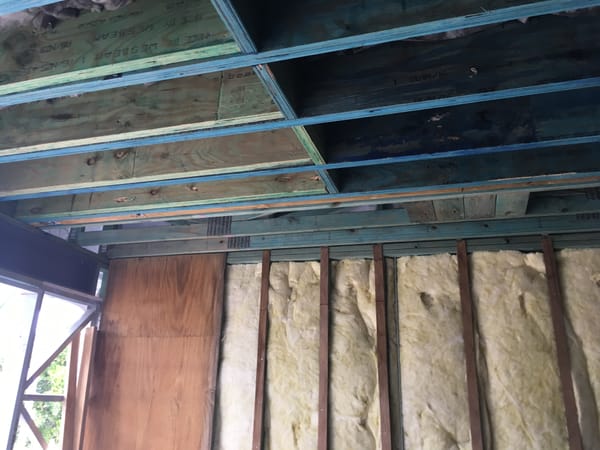Building your first home is both an exhilarating and nerve-wracking experience. As a first-time homebuyer, you're diving into unfamiliar territory, relying on sales agents and consultants to guide you. But how do you know you're getting the whole truth? This article will empower you with practical tools to detect dishonesty, ensuring you make decisions with confidence.
The Importance of Trust
Embarking on your home-building journey requires placing trust in professionals. However, it's essential to balance trust with scepticism. Why? Because not every piece of advice or information you receive will be in your best interest.
Spotting Deception: Non-verbal Cues
Humans aren't perfect liars. When words and actions don't align, the body usually gives away hints:
- Mismatched Emotions: If someone expresses enthusiasm verbally but their facial expressions are flat or disengaged, there might be something they're holding back.
- Physical Tells: Unconscious behaviours, like touching the face, scratching, or avoiding eye contact, can indicate discomfort and potential deception.
- Overcompensation: Watch out for overly formal language or an excessive show of friendliness. Sometimes, trying too hard can be a sign of hiding something.
Deciphering Verbal Red Flags
What's said, how it's said, and what's left out can offer clues:
- Being Overly Specific: If a seller offers an abundance of unnecessary details without being prompted, they might be covering up a lie.
- Defensiveness: If a straightforward question leads to defensive reactions, it could be a hint that there's more to the story.
- Avoidance: Sidestepping questions or answering a query with another question often indicates an attempt to hide information.
9 Tools to Enhance Your Lie Detection Skills
- Open-ended Questions: Start with phrases like, "Can you tell me more about…?" This approach allows you to gauge authenticity better than a yes-or-no question.
- Look for Clusters: Deception often comes with a combination of cues. It’s rarely just one sign.
- Baseline Behavior: Understand the person's normal behavior first. Any deviation from this can be a tell.
- Too Good to Be True: If something sounds too perfect, question it. Seek evidence or third-party opinions.
- Intuition: Trust your gut feelings. If something feels off, there's no harm in digging deeper.
- Third-party Verification: Always seek independent opinions. A property valuation expert, for example, can validate claims about a property's worth.
- Check Facts: With the internet at your fingertips, it's easier than ever to verify claims about neighborhoods, property values, and more.
- Repetition: If someone often repeats statements, they might be trying to convince themselves as much as they're trying to convince you.
- Ask for Clarification: If something isn't clear, ask again. Genuine professionals will have no issue providing more information.
In conclusion, as you embark on the journey of home ownership, it's imperative to approach each interaction with an informed mindset. Remember, every decision concerning your dream home should be built on a foundation of trust and transparency. While relying on professionals is crucial, it's equally important to fine-tune your own instincts and be discerning. Equip yourself with the tools mentioned in this article, not just to detect dishonesty but to ensure that your home-buying experience is rewarding and genuine. Your dream home and the best builder for you are out there, and with the right approach, you can find them without compromise.







